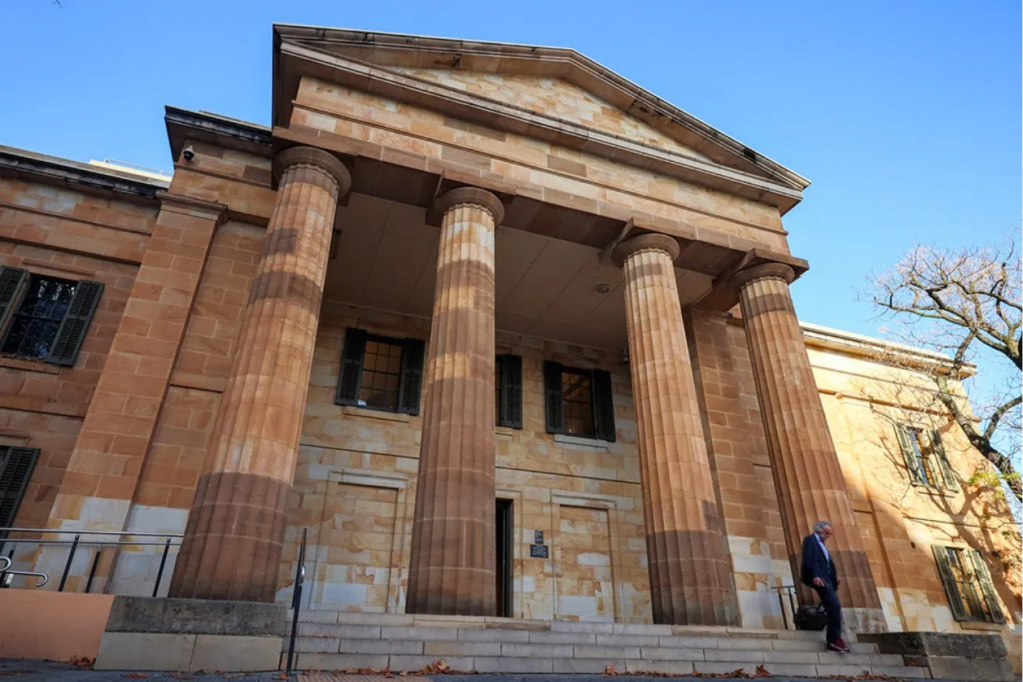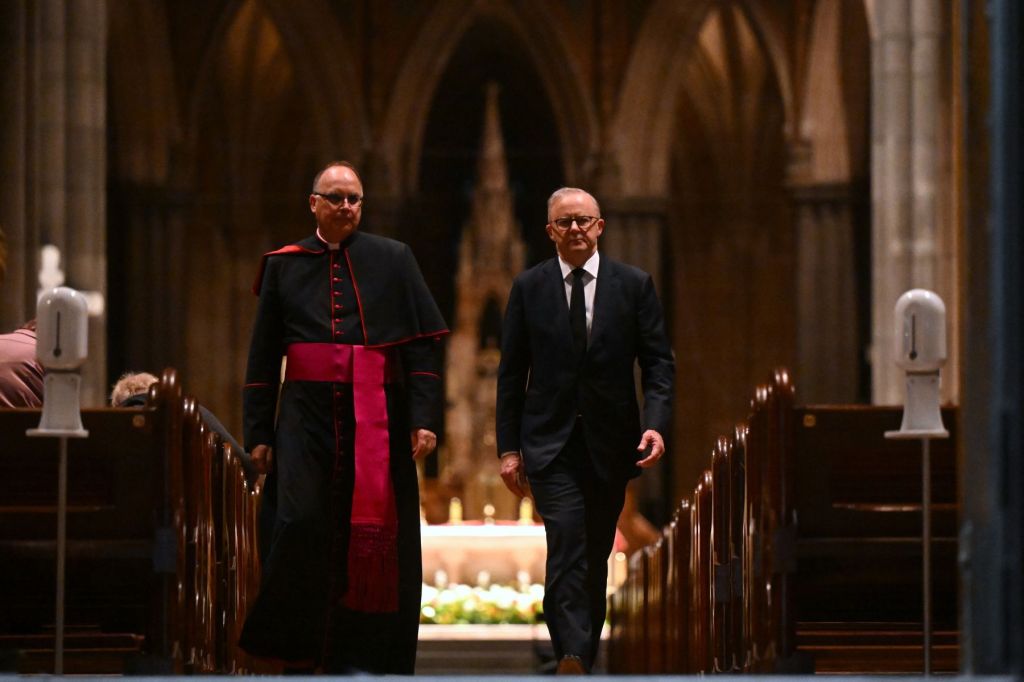‘Shabby and unsuitable’: New call to upgrade SA courts
The Law Society of South Australia wants the state government to devote significantly more funds to the justice system, including updating ageing courts and boosting legal aid.

After surveying its members, the Law Society has identified major recurring issues in courts across the state, saying many need infrastructure improvements to meet work health and safety standards.
The quality of courts has been a long-noted issue, with Chief Justice Chris Kourakis previously saying in many buildings the Courts Administration Authority “is unable to provide accessible, modern facilities”.
“Our ageing court infrastructure is impeding our ability to deliver the standard of justice the South Australian community deserves,” Kourakis said.
Respondents to the Law Society’s survey identified court infrastructure, technology, privacy and disability access as issues.
“The court buildings are shabby, dreary, and unsuitable. It is hard to imagine how victims of crime and accused persons must feel walking into some of our court facilities, especially country courts,” one respondent wrote.
You might like
Another respondent said that “court rooms are ill equipped to provide access to disabled and infirm victim survivors. Wheelchair access to courtrooms is, in most cases, non-existent”.
The Law Society’s submissions also focussed on legal aid funding, noting that currently legal aid is largely inaccessible.
It has asked funding be increased so the Legal Services Commission can “at the very least” provide legal aid funding for people “below or on the poverty line”, as well as people in regional or remote areas, and those in Aboriginal communities.
Law Society president Alex Lazarevich said the “Legal Services Commission, community legal centres and the Aboriginal Legal Rights Movement have to turn away many people who deserve legal support”.
Stay informed, daily

President of the Law Society of South Australia Alex Lazarevich said investment is needed to create better court facilities. Photo: Anthony Mason Chambers
Another priority for the Law Society, as the State Parliament continues an inquiry into the possibility of a Human Rights Act in SA, is the establishment of a Joint Human Rights Scrutiny Standing Committee.
The committee would have a mandate to examine all bills and subordinate legislation to ensure compliance with identified human rights.
Amid an ongoing increase in building disputes, the society has also called for a Building Tribunal to be established, noting under the current dispute resolution method that in most cases “the cost of resolving disputes regarding defective building work exceeds the alleged cost of the defects”.
The Law Society said “a less formal and more flexible method” of resolving the disputes through a tribunal placed within the South Australian Civil and Administrative Tribunal (SACAT) would reduce both the costs and the duration of building disputes.
Submissions also included calls for free legal representation in SACAT guardianship orders to be available from the beginning of the matter, where currently it is only available to those appealing a decision.
This change would follow a recommendation from the 2023 review of the Mental Health Act by the South Australian Law Reform Institute.
As previously reported by InDaily, the Law Society has again urged the government to consider reform to the Victims of Crime Scheme in SA.








